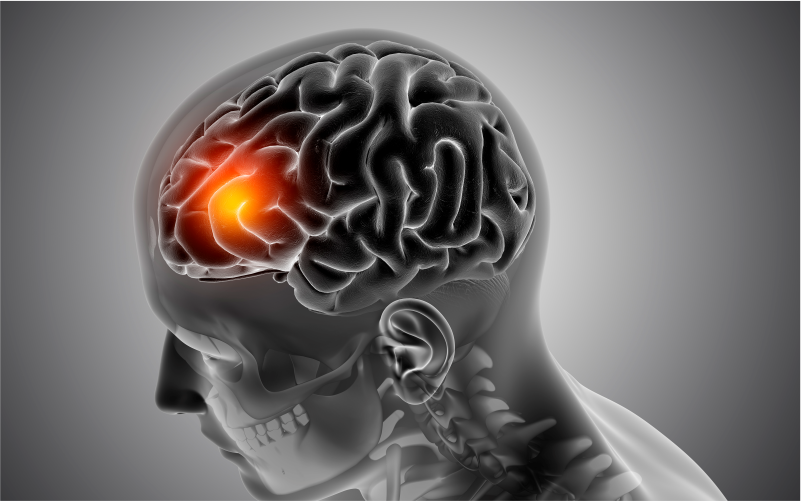Pituitary Disorders
Pituitary disorders refer to conditions that affect the pituitary gland, a small gland located at the base of the brain. The pituitary gland plays a crucial role in regulating various hormones that control growth, reproduction, metabolism, and other bodily functions.
Here’s an overview of pituitary disorders and their treatments:

Pituitary Tumors
Pituitary tumors are abnormal growths that can be noncancerous (adenomas) or, rarely, cancerous. Depending on their size and hormone secretion, pituitary tumors can cause hormonal imbalances and affect the normal functioning of the pituitary gland. Treatment options for pituitary tumors include:
Medications
Some pituitary tumors can be treated with medications that help normalize hormone levels and reduce tumor size. These medications may include dopamine agonists, somatostatin analogs, or medications that target excess hormone production.
Surgery
Surgical removal of pituitary tumors may be necessary, especially if they are large or causing significant hormonal imbalances. Transsphenoidal surgery, where the tumor is accessed through the nose, is a common approach for pituitary tumor removal. In some cases, additional radiation therapy may be required after surgery.
Hormonal Imbalances
Pituitary disorders can also result in hormonal imbalances due to inadequate or excessive hormone production. Common hormonal imbalances associated with pituitary disorders include:
Growth Hormone Deficiency
When the pituitary gland doesn’t produce enough growth hormone, it can lead to growth hormone deficiency. Treatment involves hormone replacement therapy with synthetic growth hormone, which is administered via injections.
Prolactinoma
Prolactinomas are pituitary tumors that cause excessive production of prolactin, a hormone responsible for milk production in women. Medications such as dopamine agonists are typically prescribed to reduce prolactin levels and shrink the tumor.
Adrenocorticotropic Hormone (ACTH) Deficiency
ACTH deficiency occurs when the pituitary gland fails to produce enough ACTH, which stimulates the adrenal glands to produce cortisol. Hormone replacement therapy with cortisol-like medications (glucocorticoids) is needed to replace the deficient ACTH and maintain normal cortisol levels.
Treatment plans for pituitary disorders are determined based on the specific condition, symptoms, hormone levels, and imaging findings. Endocrinologists, neurosurgeons, and other specialists work together to provide comprehensive care. Regular monitoring of hormone levels, imaging scans, and follow-up visits are crucial for managing pituitary disorders effectively.







